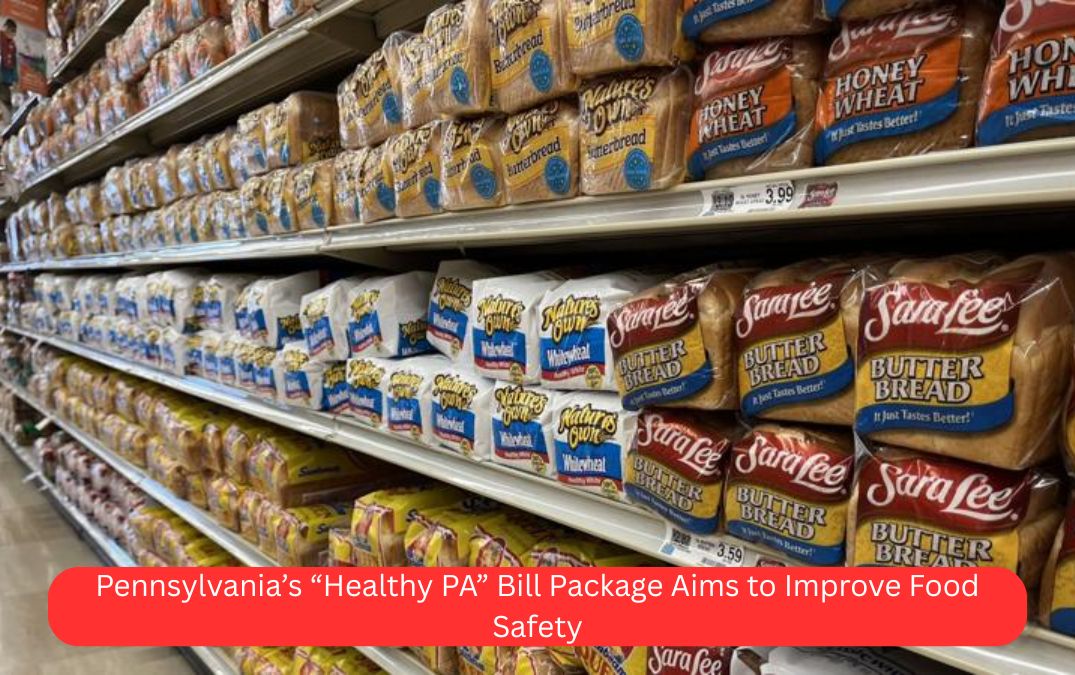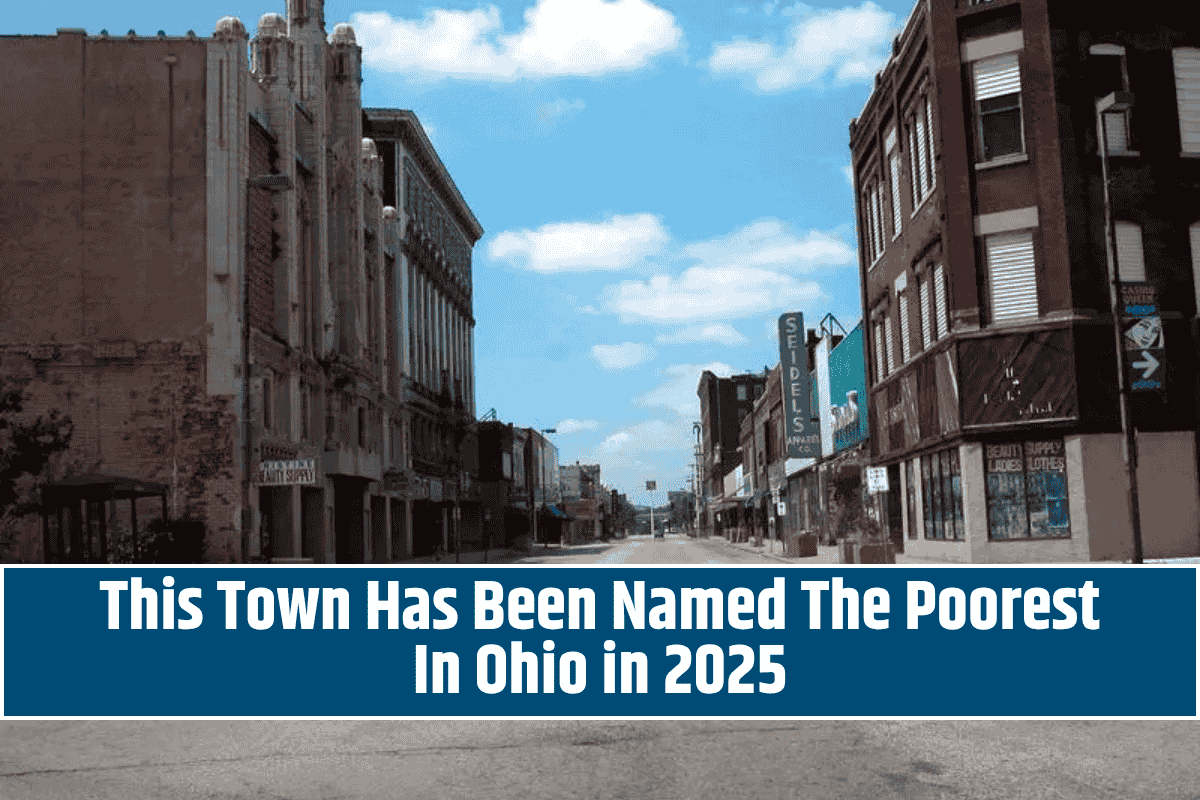Pennsylvania is pushing forward with a bipartisan legislative effort to address concerns about food safety and chemical additives in the state’s food supply.
The “Healthy PA” package of bills, led by Rep. Natalie Mihalek of Pittsburgh, seeks to increase transparency, improve labeling, and restrict harmful chemicals in foods, responding to growing dissatisfaction with federal regulations.
What Happened
On May 2025, Pennsylvania’s House Consumer Protection, Technology and Utilities Committee held an informational meeting to discuss the “Healthy PA” package.
The bills aim to tackle issues related to chemical food additives, including synthetic dyes and pesticides, which many experts link to health problems. The discussion included voices from food safety advocates, industry representatives, and lawmakers.
Key Details
- Chemical Additives Under Scrutiny: The bills target substances such as synthetic food dyes, brominated vegetable oils, and pesticides. These additives are linked to adverse health outcomes but remain largely unregulated by the U.S. Food and Drug Administration (FDA).
- FDA Regulation Criticized: The FDA’s voluntary disclosure system allows companies to self-approve additives as “generally recognized as safe” (GRAS), often without thorough testing. Critics say this system is broken and lacks transparency.
- Transparency Measures: The legislation would require a public database detailing scientific research manufacturers rely on to prove safety.
- Labeling Requirements: Products containing endocrine disruptors like Butylated Hydroxyanisole (BHA) and synthetic food dyes would need warning labels.
- Bans and Definitions: The bills propose banning synthetic dyes in school lunches and defining ultra-processed foods within the Pennsylvania Agriculture Code.
- Agricultural Chemical Restrictions: The package includes a ban on Paraquat, a pesticide linked to Parkinson’s disease, and incentives for farmers to adopt organic practices like cover cropping.
Reactions and Statements
- Rep. Natalie Mihalek: “We cannot afford to sit around and wait for something to change. Our food is literally killing us.”
- Tom Neltner, Food Chemist and Attorney: “The U.S. food additive regulatory program is fundamentally broken.”
- Aaron Riggleman, Pennsylvania Chamber of Commerce: Raised concerns that increased regulations could harm business and complicate compliance.
- Dr. Meagan Grega, Family Doctor: Emphasized that the problem is less about information and more about implementation of healthy lifestyle choices.
- Jeff Tkach, CEO of Rodale Institute: Advocated for organic farming and highlighted the risks associated with conventional agricultural chemicals.
Investigation or What’s Next
With federal food safety reforms moving slowly, Pennsylvania is taking matters into its own hands. The “Healthy PA” bills are currently under review in the state legislature.
The outcome will impact food labeling, school meal standards, and agricultural practices. Similar state-level efforts in West Virginia, California, and Virginia provide a precedent for incremental changes aimed at reducing chemical exposures in food.
FAQs
Q: What is the main goal of the Healthy PA package?
A: To increase transparency and reduce harmful chemical additives in Pennsylvania’s food supply.
Q: Why are synthetic food dyes a concern?
A: They have been linked to behavioral issues in children and are banned in food products in several other countries.
Q: How does the FDA currently regulate food additives?
A: The FDA uses a voluntary disclosure system where companies self-certify additives as “generally recognized as safe” (GRAS).
Q: What changes would the bills bring to school lunches?
A: The bills propose banning synthetic food dyes in school meals to protect children from exposure.
Q: How will the bills affect farmers?
A: They would ban certain harmful pesticides like Paraquat and encourage sustainable farming methods such as cover cropping.
Summary / Final Takeaway
Pennsylvania’s “Healthy PA” package reflects growing state-level concern over the safety of chemical additives in food and the limits of federal regulation.
By promoting transparency, labeling, and restrictions on harmful substances, the legislation aims to protect public health and encourage safer food and farming practices. As the bills advance, Pennsylvania could set a significant example for food safety reforms nationwide.
Written by Gilberto K. Garcia for therocketflame.com












